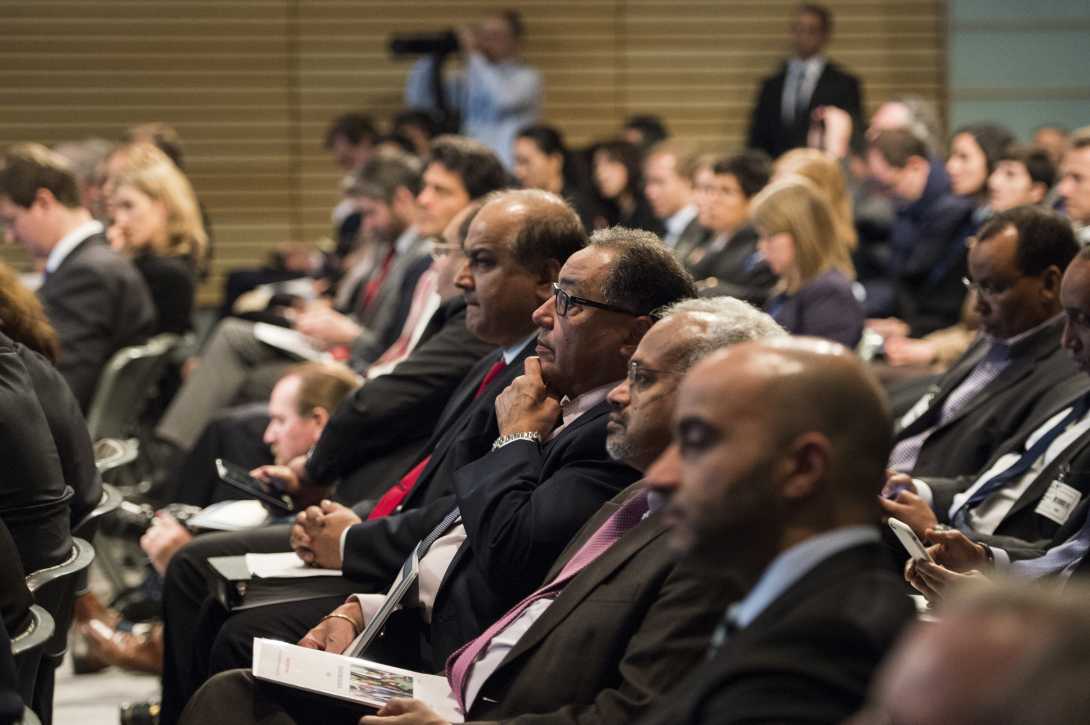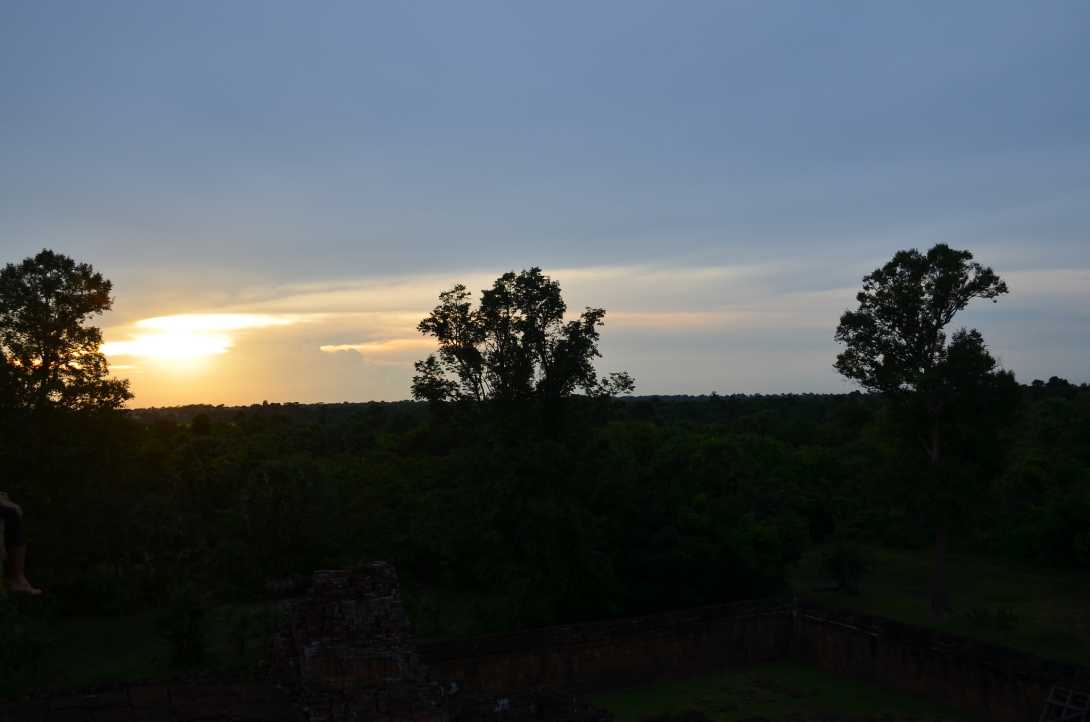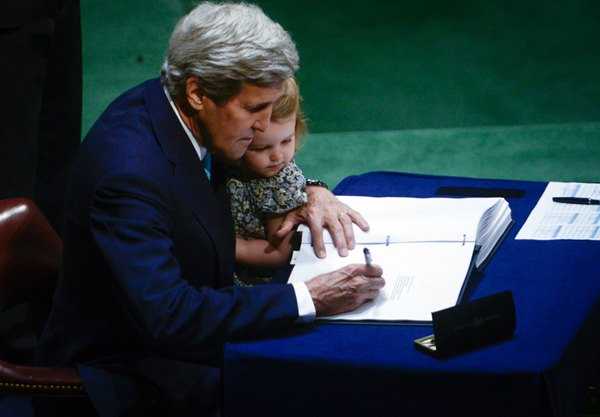
Members of the Understanding Risk Community will convene in Venice, Italy for the fourth biennial UR Global Forum, held over five days on 16-20 May. This year’s Forum, Building evidence for action, will convene attendees from all over the world, with interest, either professionally or personally, in the field of disaster risk identification.












